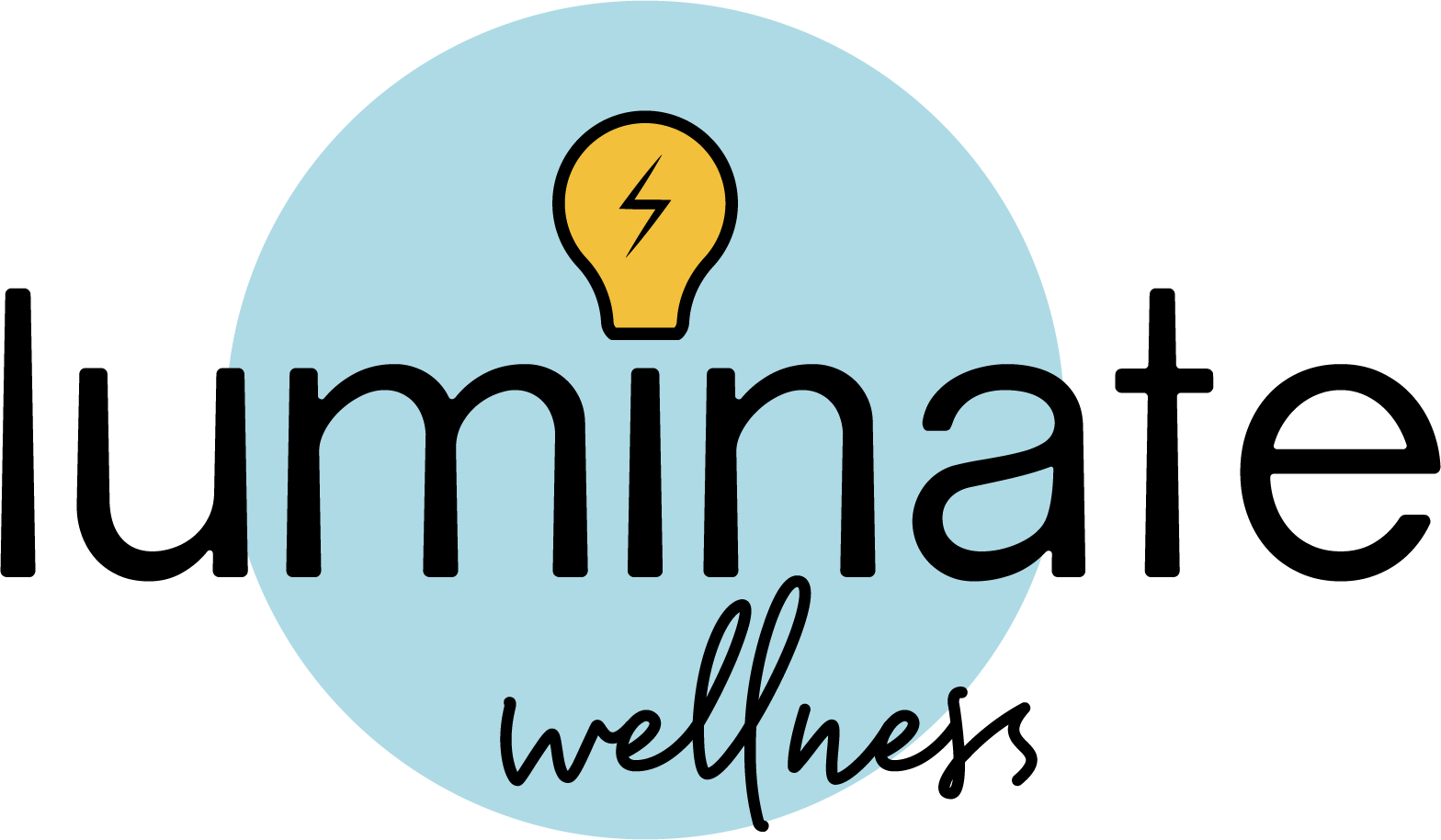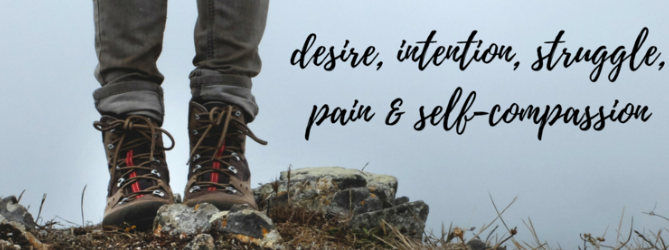Desire, Disappointment & Self-Compassion
Desire
I love the Desire Map book, and I facilitate workshops based on the book. Simply put, desire mapping is about exploring and unearthing our heart's true desires. It's about reflecting on what makes us feel the most alive. We distill that into a specific feeling (core desired feeling) that we wish to feel as much of the time as possible, and then we intentionally make choices every day to feel that way.
This is much different than goal planning, it's about creating clarity about how we want to feel, and choosing to live that way every day–instead of just waiting until we can tick a box on our list of accomplishments.
So for example...some of the times I feel most alive, are actually really simple and mundane moments.
The sun is out, I'm driving with my family. We have the windows rolled down, and we're listening to "Shout" by Tears for Fears. The music is so, so loud, the wind is nice and warm–we are laughing and singing along. Oh, and I'm sipping a coconut milk latte, and we're on our way to the lake. That makes me feel alive, and free and full of delight.
So I have identified that FREEDOM and DELIGHT are important to me. I will deliberately set intentions every day to choose to find freedom and delight in my day–in the simple ordinary moments.
This idea is different than ideas like "manifest your destiny." To me, it's about learning to be present, and knowing that I have a choice in how I feel no matter wha is happening. I am committed see the good, and build on that goodness. My other option is that I can choose to live life in the status quo. Personally, I'm done with that. I did it for many years...Now, I choose the red pill. (The Matrix reference)
This clarity and intentionally choosing to be deliberate about how I want to feel has made a huge difference in my life.
It makes the good times better, and the hard times easier to bear.
(This is not the Law of Attraction (LOA), although there are some similarities. I am not a fan of the LOA. To read more about that, click here.)
Self-Compassion
This is a practice I have been digging into in great depth this year. It's all about extending the same compassion to ourselves when we are in struggle–as we would naturally do with someone we love deeply when they are going through a hard time.
From Kristin Neff's research, she has identified 3 components of self-compassion:
Self-kindness (vs self-judgement)–we really need loving kindness and tenderness from ourselves.
Common humanity (vs isolation)–we are ALL imperfect and flawed. Imperfection and making mistakes are really a part of the human experience.
Mindfulness (vs over-identification)–in other words, courageous presence. Paying attention to the pain, and where it sits in our body. Sitting with it, feeling with it, and learning from it. We tend to jump into problem-solving solving mode when something difficult happens, instead of just sitting with and processing the pain. (This just delays the problem, and we can end up with more serious issues as a result of stuffing.)
So, self-compassion is about extending loving kindness towards ourselves when we are in pain. It's so important for us to acknowledge that pain is a part of life. The reality is that we can choose to feel good every day, but some days are just going to be awful. Some days really bad things will happen. We will hurt. We will make mistakes, and we will fail. Self-compassion is not self-pity, and research says that those who have a self-compassion practice are actually more motivated and take better personal responsibility that others.
Last year my feeling word was GRACE. Actually FIERCE GRACE. To me self-compassion is fierce grace for myself.
Desire, Intention Setting, Struggle, Failure and Self-Compassion
I have been wrestling how desire mapping, and self-compassion work together. If the goal is that we want to feel good every day, and we set our intentions to feel that way...what do we do when we don't feel good?
What do we do when we fail?
What do we do when we feel trapped?
What do we do when we face grief, heartache?
Does one exclude the other?
I don't think so. In fact, I know so.
It has been a dry and desert-like season for me. I'm dealing with some significant disappointments, and there's certainly some grief and sadness attached to it. Having said that, I have really approached this season differently than I used to. In the past I have had long seasons where I struggled with depression and anxiety. Back then when I was dealing with suffering...that's where I stayed. I isolated myself, and felt lost, overwhelmed with no idea how to feel free myself from the immobilizing feelings. It was the dark night of the soul, and I didn't know how to open my heart to the bright sun of the daytime.
My paradigm has shifted now.
I know how to really be in the pain, how to sit with it, learn from it, and still feel joy and delight when I'm processing some difficult things.
I don't see my self-worth tied up in my successes or failures. I know that everyone fails at things. If someone says that they never make mistakes or fail–they are either lying, or they are tremendously lucky.
I have changed my ideas on self-care. Self-care is a buzzword that gets used a lot these days (and I have used it myself a lot), and it's starting to really annoy me. Real self-care is more than going for walks, taking a yoga class, getting a pedicure, or going to a movie.
Self-care begins with a practice of self-compassion and mindfulness. It's far less about what we do for ourselves, and far more about who we are. It's about being aware of the needs of my body, mind and soul. Self-care is as much about sitting with pain, allowing myself to have a good sob session, as it is about doing something fun, or having an energizing, engaging connection with someone else.
The foundation of self-care is a belief that I AM ENOUGH.
YOU ARE ENOUGH.
Just as you are. You have the capacity to learn, change and grow.
You are worth investing in.
You are worth the struggle and the pain.
And mixed in all the pain, there is so much joy to be found, even when we are knee deep in the muck and mire.
After all without pain, joy would pretty much be meaningless.

